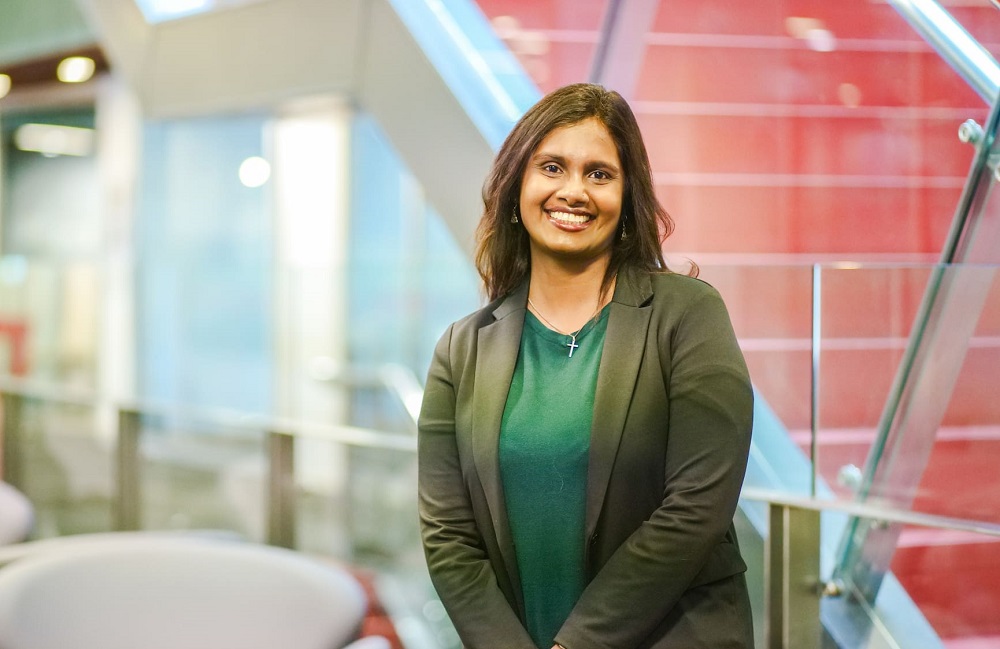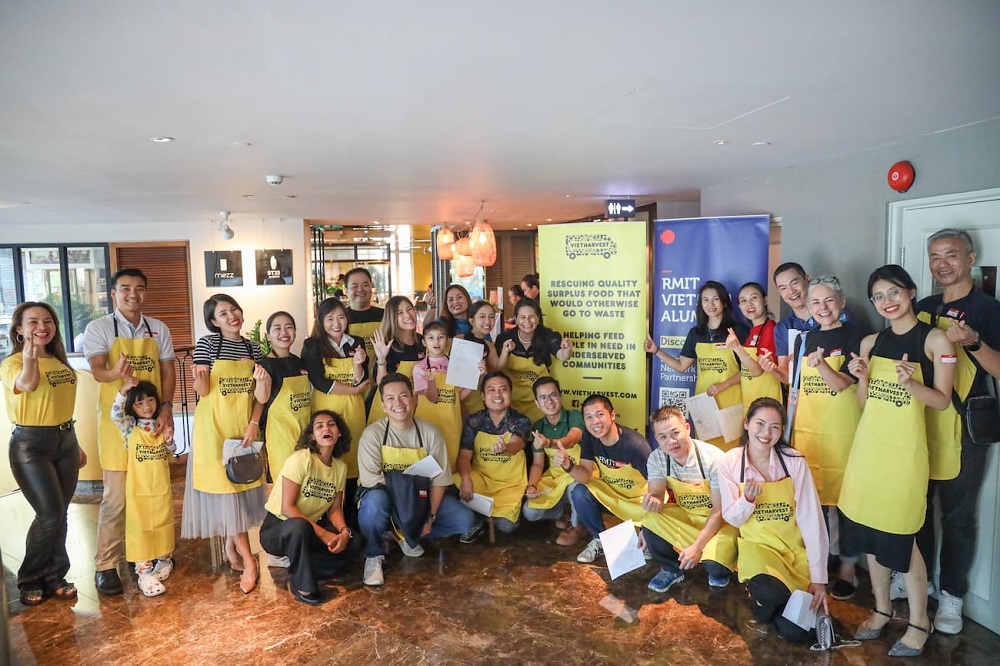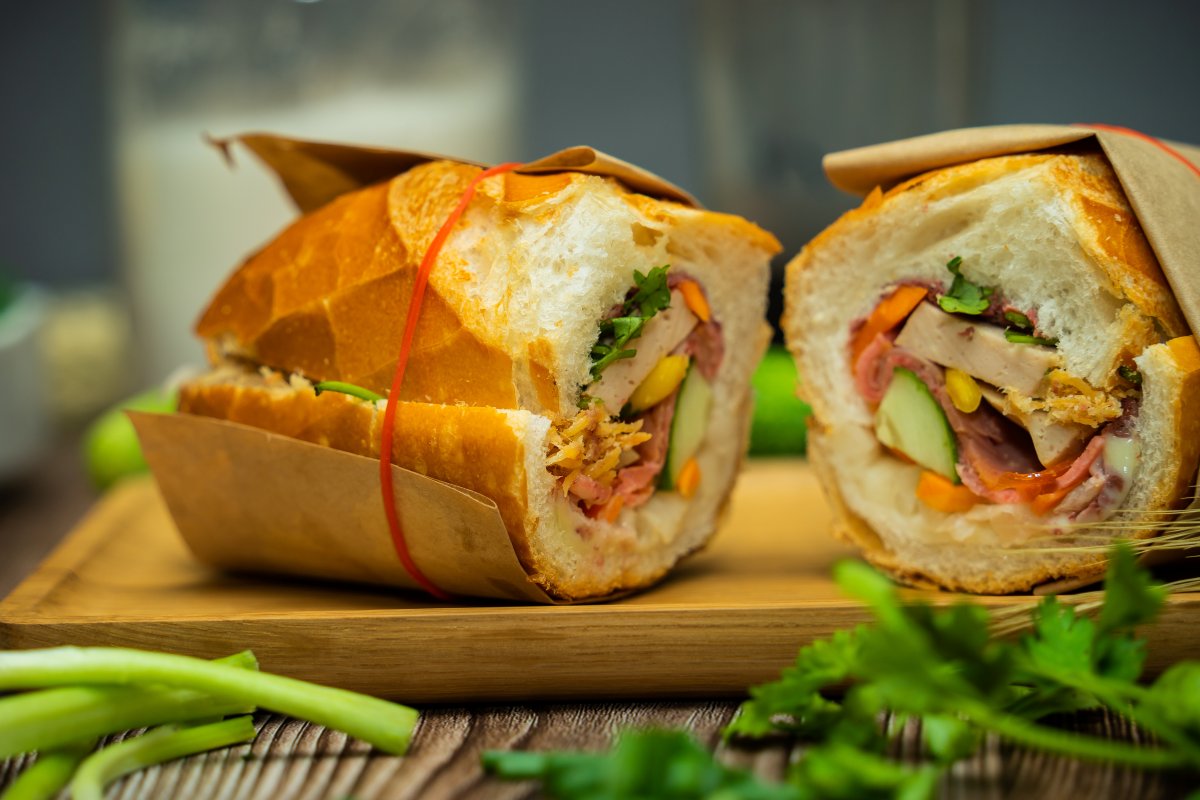Dr Kanagasapapathy believes that miscommunication and inefficiencies between kitchen and service staff exacerbate the issue, leading to the preparation of incorrect amounts or types of food.
“This can result in surplus food that cannot be repurposed and is ultimately discarded,” Dr Kanagasapapathy said.
Customer preferences and dietary restrictions add another layer of complexity.
“The diversity in customer tastes, including the growing trend of specialised diets such as veganism and gluten-free diets, means some dishes may not be as popular, leading to wasted ingredients and dishes that are not consumed,” she said.
Technological innovations to tackle food waste
In the battle against food waste, technological advancements are paving the way for significant reductions in the hospitality sector. Dr Tuyen highlighted some key innovations:
- Advanced data collection technologies enable precise tracking of waste streams, facilitating targeted interventions to reduce inefficiencies.
- Food preservation technologies like modified atmosphere packaging and smart packaging materials can extend shelf life, minimising spoilage.
- Emerging practices such as anaerobic digestion convert food waste into renewable energy, further enhancing sustainability.
- Biomaterials from food by-products and waste presents a promising frontier.
- Technologies using fermentation and synthetic biology can transform agro-industrial residues into valuable bioproducts, from nutrients to biodegradable polymers, fostering a circular economy.
Food waste reduction initiatives
Vietnam’s hospitality sector has witnessed innovative and effective initiatives to reduce food waste, reflecting a growing commitment to sustainability.
Dr Kanagasapapathy said: “Food donation programs have emerged, with high-profile hotels and restaurants partnering with local charities to donate surplus food.”
VietHarvest, a sustainable innovative social enterprise founded in 2020, focuses on tackling food waste and hunger and helping nourish the underserved communities in Vietnam.
Ms Ngo Phuong Anh, City Manager of VietHarvest said: “VietHarvest works with international and local hotels, caterers, restaurants, and supermarkets to collect good quality food for human consumption that potentially goes to waste and instead delivers it to charities that support individuals in need.”
During 2022 to 2024, VietHarvest has been focusing on piloting the concept of food rescue in Hanoi and Ho Chi Minh City, and has delivered 68,324 meals, aiding 4,414 individuals, rescuing and diverting 34,162 kilograms of food from landfills, and saving 68,324 kilograms of carbon emissions.
In June, RMIT Vietnam Alumni and VietHarvest jointly held an event “Cook for a Cause” to tackle food waste and donate meals to people in need in the community within the day. This was part of a broader campaign Sạch – Sành – Sanh (Clean – Clever – Continuity), which aims to foster sustainable development in Vietnam.







